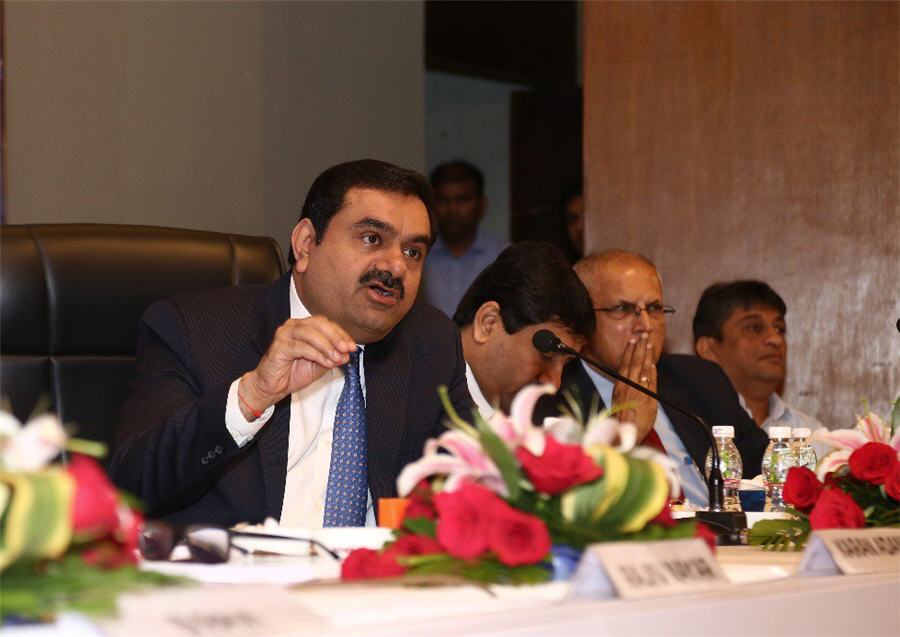Billionaire Adani adds more detail on $70 billion green push

Indian tycoon Gautam Adani, the world’s third-richest person, offered new details on his $70 billion push to tap the global shift to clean energy, outlining plans for three giant factories to produce renewable power equipment.
Adani’s coal-to-ports conglomerate, which still relies heavily on profits from fossil fuels, will build major facilities to manufacture electrolyzers for making green hydrogen, wind power turbines and solar panels, he told a meeting of the US-India Business Council on Wednesday.
The billionaire called the plants “gigafactories,” a term usually used to describe EV battery facilities and implying they’d have gigawatt-scale capacities, though didn’t give any details on their size or location. They will be completed by 2030, he said.
Adani and his rival Mukesh Ambani, who controls Reliance Industries Ltd., are planning to produce the world’s cheapest green hydrogen, responding to calls from Prime Minister Narendra Modi for India to become a global hub for the fuel. Adani plans to invest more than $50 billion in the green hydrogen value chain and has attracted French oil major TotalEnergies SE as an investor in the business.
“Cooling the planet down – equitably – is necessary and can be one of the most profitable businesses over the next several decades,” Adani told the meeting. “I believe we can further accelerate our goals with support from companies in the US.”
Green hydrogen, which is made by splitting hydrogen from water with the help of electrolyzers powered by clean energy, is seen as a potential panacea for decarbonizing hard-to-abate industries. The industry is still in its infancy, however, with costs still too high to encourage widespread adoption.
India is counting on its energy billionaires as well as state energy firms to drive down the costs to help replace use of fossil fuels in refineries, fertilizer plants and steel mills. It’s targeting 25 million tons of annual green hydrogen capacity by 2047, from a miniscule output now that comes from a few pilot plants.
Adani said efforts to tackle global warming need grater collaboration between developed and developing nations, and mentioned semiconductors as an area where India needs technological help from US companies.
“India cannot remain dependent on global supply chains that are based on semiconductor nationalism and will need US support with technology transfer,” he said.
(By Rajesh Kumar Singh and P R Sanjai)
{{ commodity.name }}
{{ post.title }}
{{ post.date }}




Comments